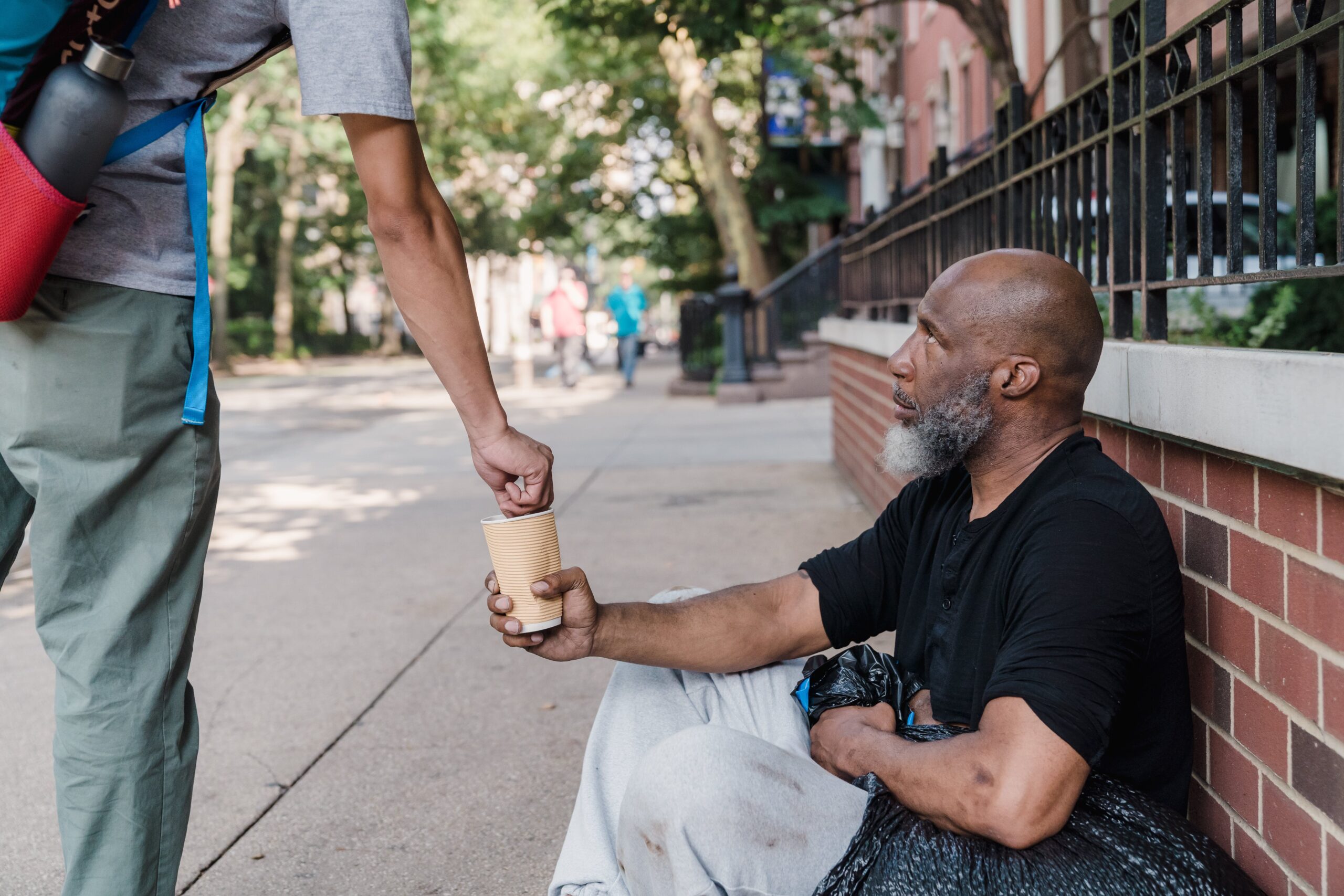(read time: 5 minutes, but it’s worth it)
Let’s start with some basic tenants of compassion (which may already be a bit controversial)…
- If someone can’t do something on their own, compassion would suggest that you help them until they can. If someone will never be able to do something on their own, compassion might even suggest you do it for them forever.
- If someone can do something but won’t due to some neurotic pattern like laziness, disheartenment, discouragement, low self-efficacy, etc., then compassion would suggest that continuing to do it for them is enabling their neurotic pattern to continue, which is not helping them (and therefore not skillful).
How does we know what to do? From the above philosophical / logical argument, it seems as if the decision comes down to the difference between can’t and won’t. If you don’t believe in Free Will, there is no difference between can’t and won’t – they won’t because the conditions (internal and external) aren’t right, so they can’t. But that’s too big a topic for a blog post, and maybe we can figure out what to do whether free will exists or not.
We might simplify the situation a little by suggesting that there are a limited number of hindrances in the way of someone doing something they actually can do in order to achieve an outcome they claim to desire:
- Lack of a need (to do the thing). They either don’t believe that doing the thing will lead to the outcome they desire, or that they can achieve the outcome without doing the thing, at least for now.
- Lack of value. The cost of achieving the outcome exceeds the benefit of doing so and is therefore more than they are willing to pay. (value = benefit / cost)
- Lack of knowledge or skill. In other words, they don’t know how to do the thing or aren’t good at it.
- Lack of wisdom. They believe they can’t do the thing, for a wide variety of possible reasons.
This actually simplifies the whole decision greatly. Compassion dictates that one tries to help the person, but help them with what? With whatever hindrance (out of the four listed above) that you determine they are actually struggling with. Unfortunately, there’s the rub – it’s really difficult, and sometimes even impossible, to know which hindrance, or combination of hindrances, the person is actually dealing with, especially since they may not even know due to their own delusions. Do they falsely believe they can’t ever do the thing, or can they really not do it no matter how much they try? Can they really achieve the outcome another way, or are they just telling themselves that to save themselves from the shame of being unwilling to pay the price?
Further complicating matters are your own selfish desires. If you want to stop helping someone for any reason, it’s a lot easier to believe that they can do something, but just won’t, than it is to abandon someone who really can’t.
So, what do we do? We do our best. We don’t give up on people, but we do attempt to determine to the best of our ability, and as unselfishly as possible, which of the four hindrances they are actually dealing with, and then offer them assistance with that. And, for the final and most difficult part of the decision, if we believe that someone has truly stuck themselves in delusional views and beliefs that they are hellbent on maintaining and reject our help, then yes, we must leave them to suffer the consequences of their neurotic thoughts, beliefs, emotions, and resulting behaviors. What’s even more sad is that people, severe addicts for example, will suffer horrifying consequences and still never be able to change their behavior. It’s tough to witness (and that’s putting it lightly), especially when you love someone deeply and know that you could stop their suffering, even if only for a moment, but that doing so would only enable them to stay stuck, which is not compassionate.


